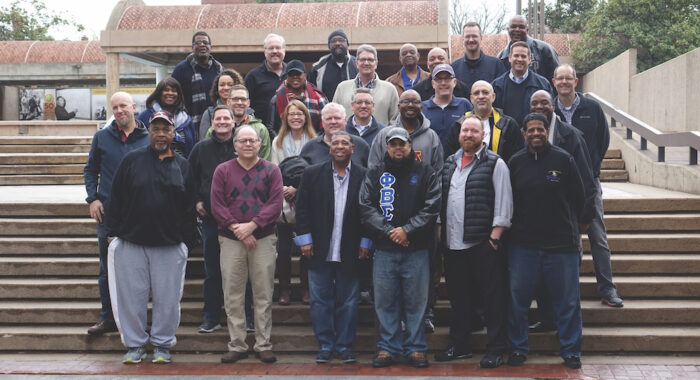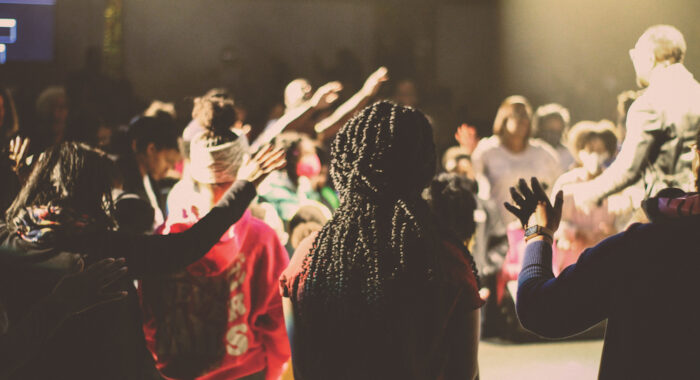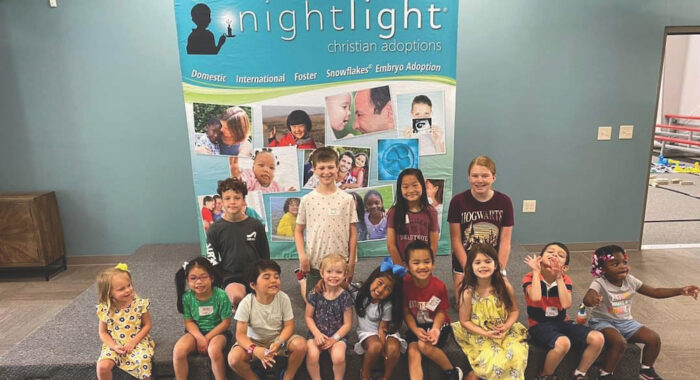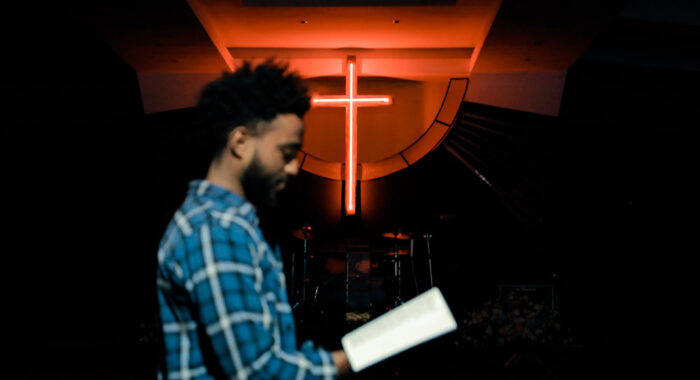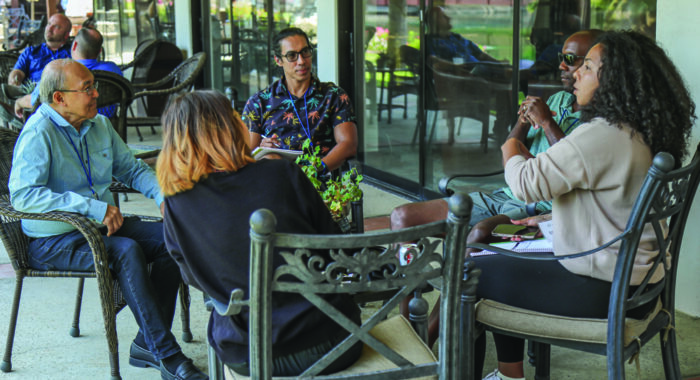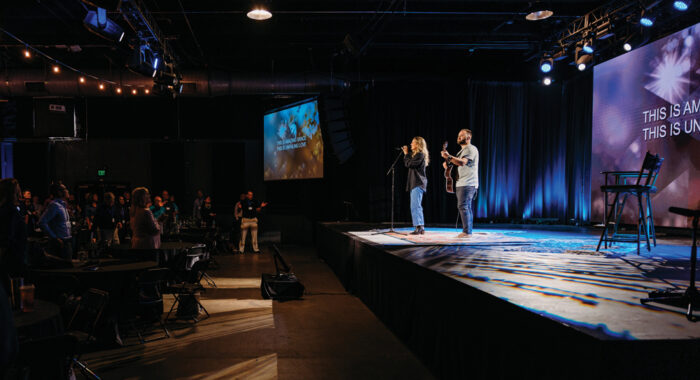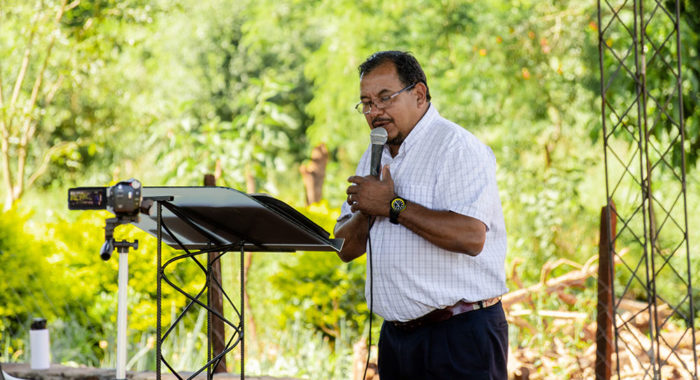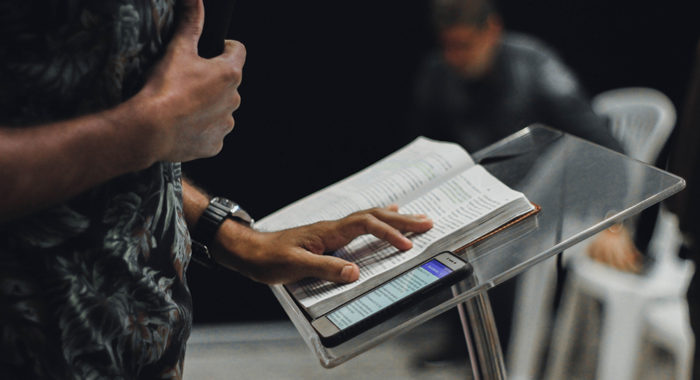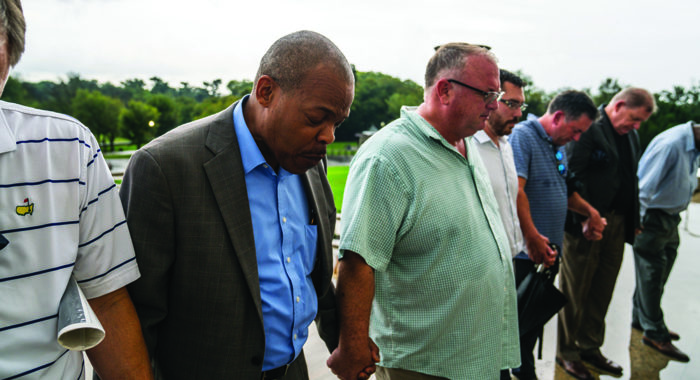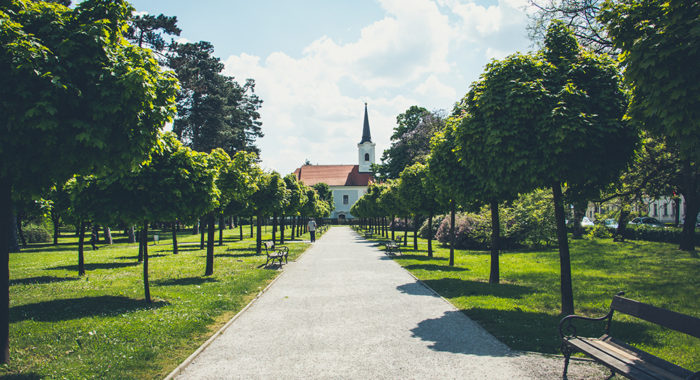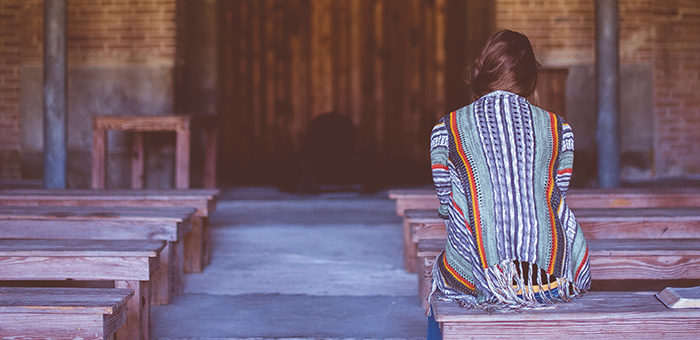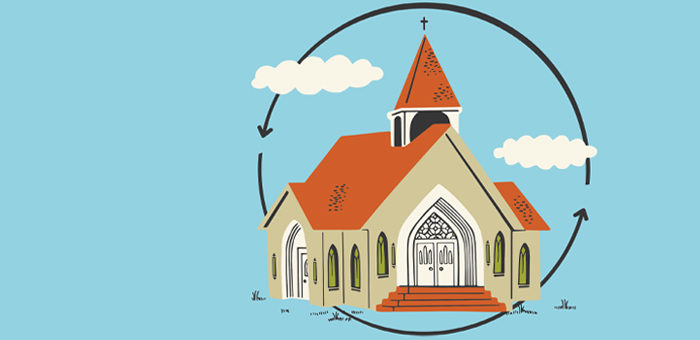On December 16, the House of Representatives approved a measure supported by the NAE increasing the number of low power FM radio stations. A companion bill, S. 592, is pending a floor vote in the Senate. Low power radio stations give local leaders a forum to address local issues. Approximately half of all low power radio stations are licensed to churches or other houses of worship.
December 14, 2009
Dear Representatives:
We, as leaders representing many diverse religious traditions, urge you to vote in support of H.R. 1147, the Local Community Radio Act of 2009. H.R. 1147, introduced by Representatives Mike Doyle and Lee Terry will help increase the number of Low Power FM radio stations in our country. We are particularly grateful for the strong bipartisan support this measure has received in the House Energy & Commerce Committee and we look forward to its ultimate passage into law. The compromise version of H.R. 1147 coming to the House floor this week is the one that should be adopted by the House and ultimately passed into law.
Low power FM (LPFM) stations are uniquely local outlets that directly serve their communities. LPFM licenses are granted to churches, high schools, labor unions, non-profits, and civic organizations that understand and serve the needs of their local communities. LPFM stations give local leaders, including politicians, clergy, community elders and young people a uniquely local forum to discuss local issues. Moreover, LPFM stations have a track record of providing essential emergency services during times of crisis. Since its inception in 2000, approximately 800 LPFM stations have been authorized around the country. But the FCC requires Congressional action to fully implement the program.
People of faith are well-known for their strong participation in civic society—playing an important role in making our communities stronger and lifting up those who are suffering or who need a little help to succeed. Churches and communities of faith have taken significant advantage of low power radio as part of this mission—approximately half of all low power radio stations are licensed to churches or other houses of worship. In addition to allowing more opportunities for people of faith operate a radio station, low power radio will also add new voices to the radio dial. It will allow for more equitable representation of people of color and women, and at the same time preserve opportunities for everyone—no matter their views—to be heard.
For this reason, we are calling on Congress to act quickly to authorize the FCC to license more LPFM stations. We respectfully ask you to support H.R. 1147 when it is scheduled for a full floor vote.
Sincerely,
Kristi S. Bangert
Executive Director for Communication Services
Evangelical Lutheran Church in America
Burton Buller
Director
Third Way Media
Galen Carey
Director of Government Affairs
National Association of Evangelicals
The Rev. J. Bennett Guess
Executive Director
Office of Communication, Inc.
United Church of Christ
The Rev. Larry Hollan
General Secretary
United Methodist Communications
Most Reverend Gabino Zavala
Auxiliary Archbishop, Archdiocese of Los Angeles
Chairman, Communications Committee of the United States Conference of Catholic Bishops
Wesley M. Pattillo
Senior Program Director for Communication
National Council of Churches
The Rev. Jerry L. Van Marter
Presbyterian News Service
Chair, NCC Communications Commission
Linda Walter
Director
The AMS Agency
Seventh-day Adventist Church



 View All Updates
View All Updates 



